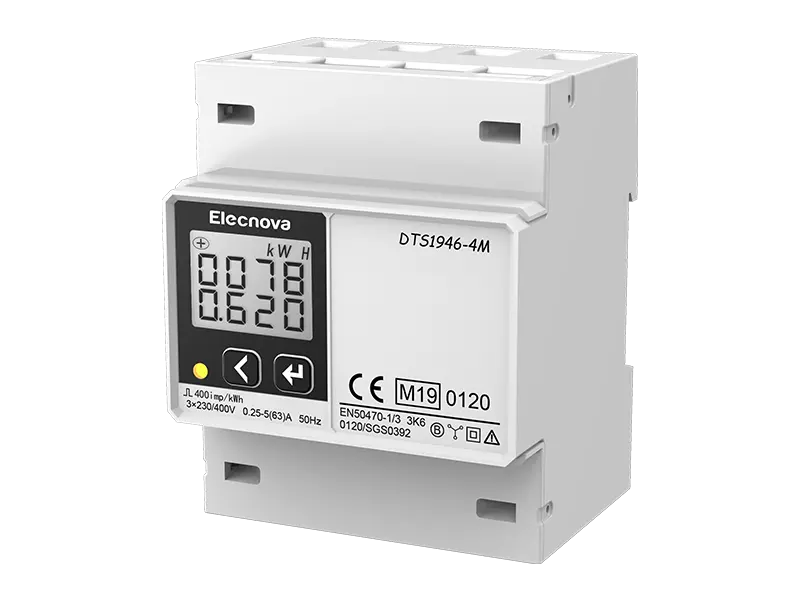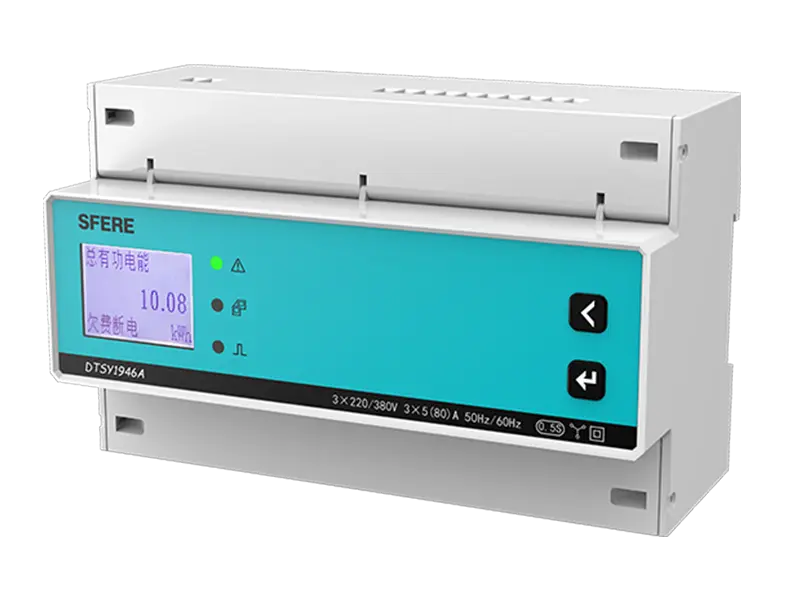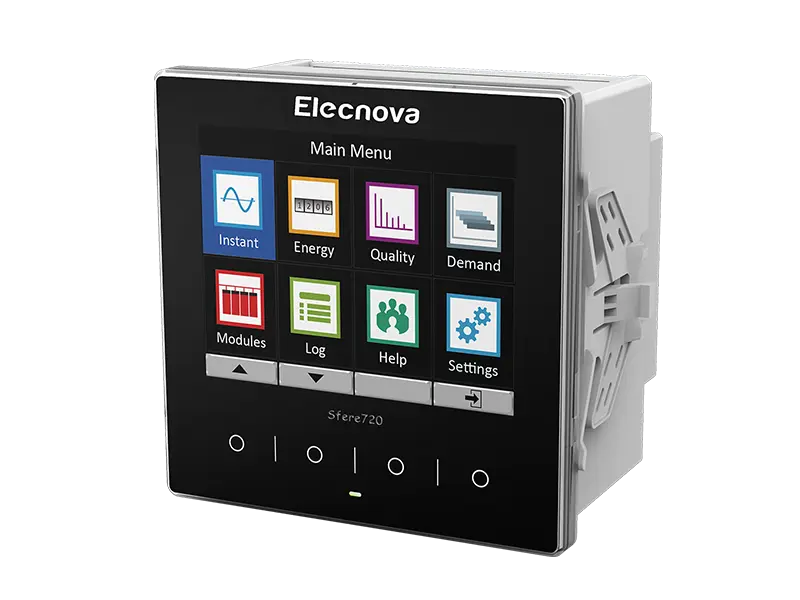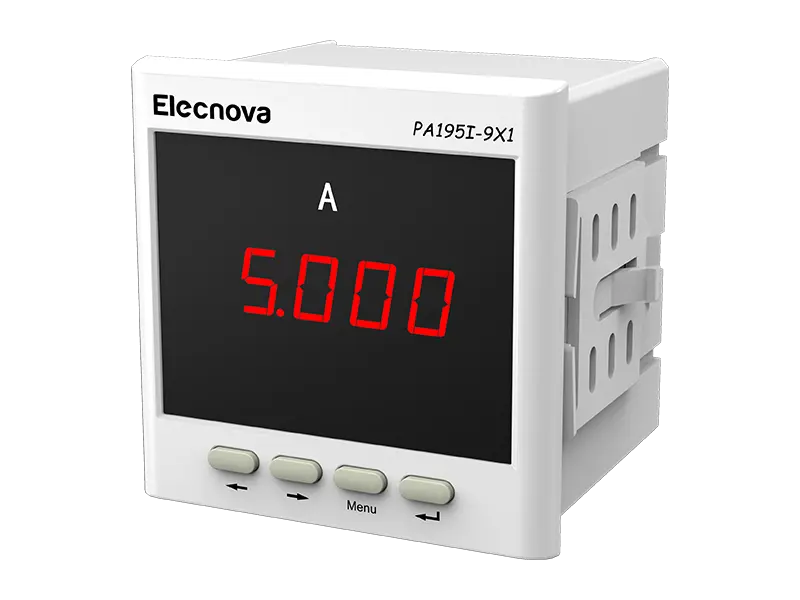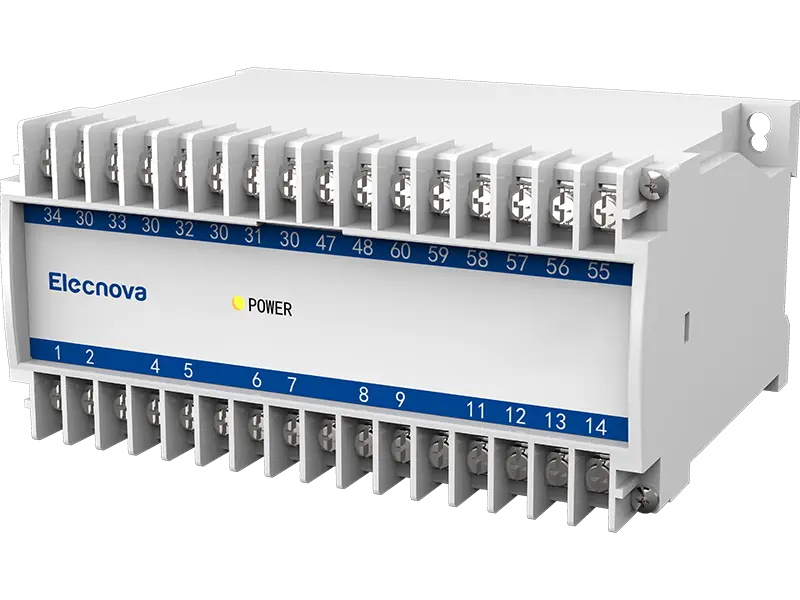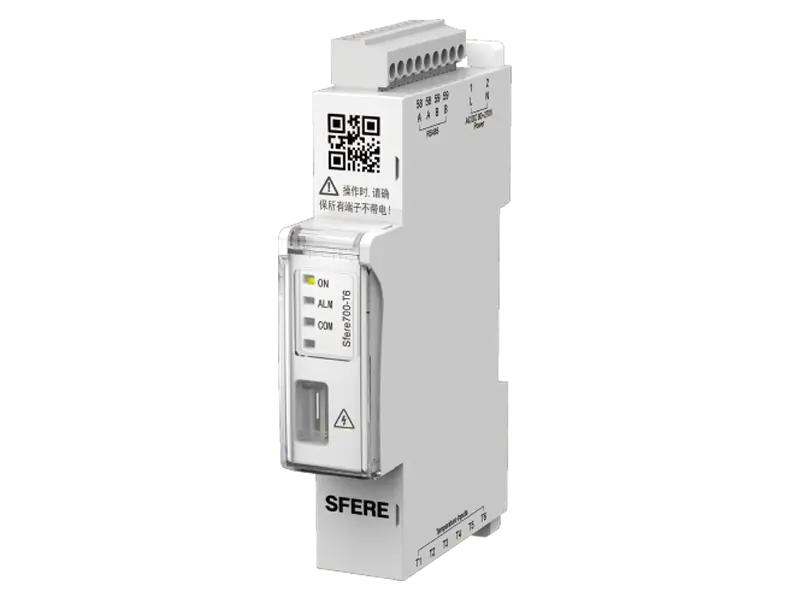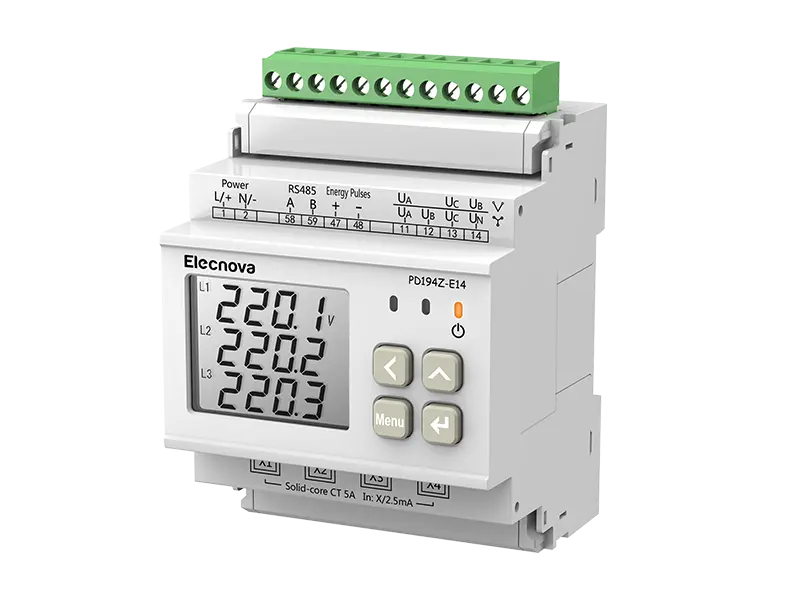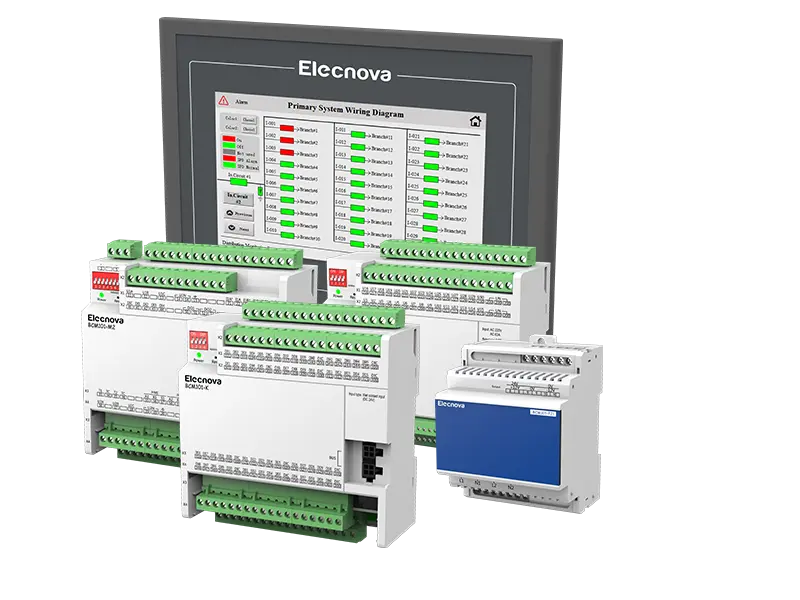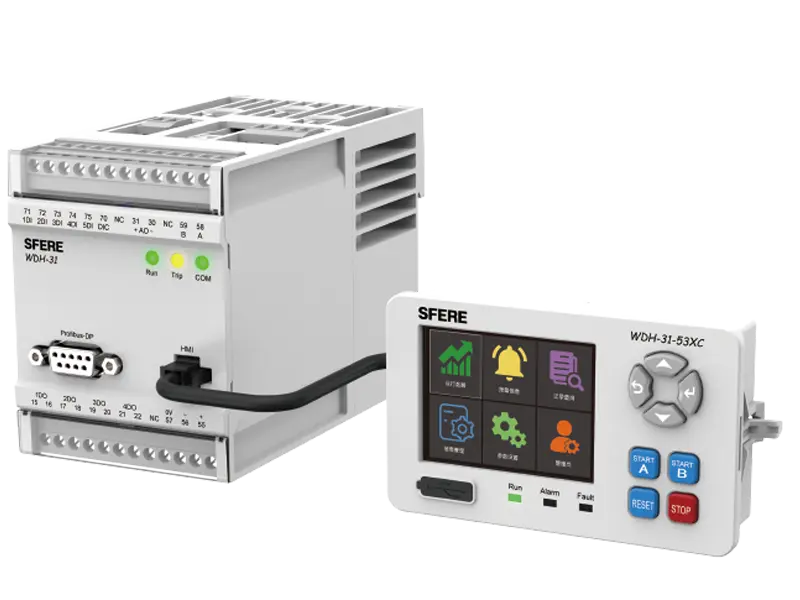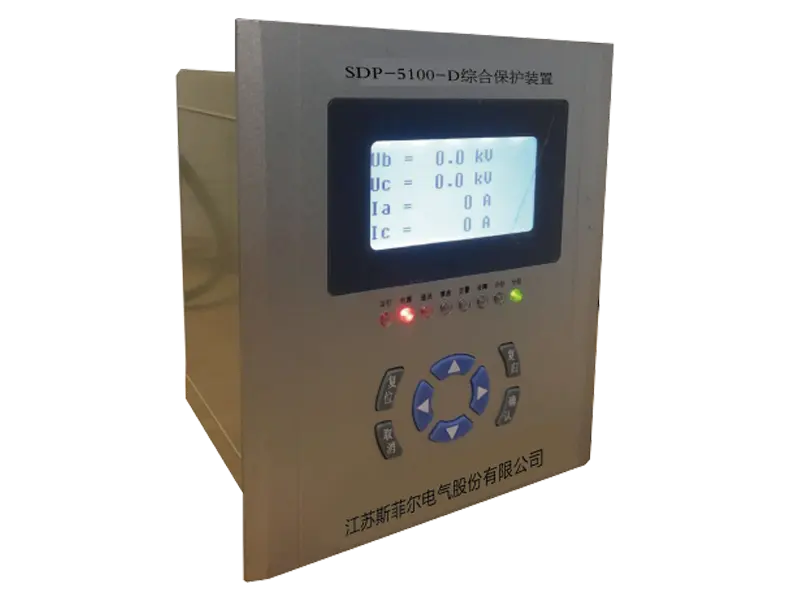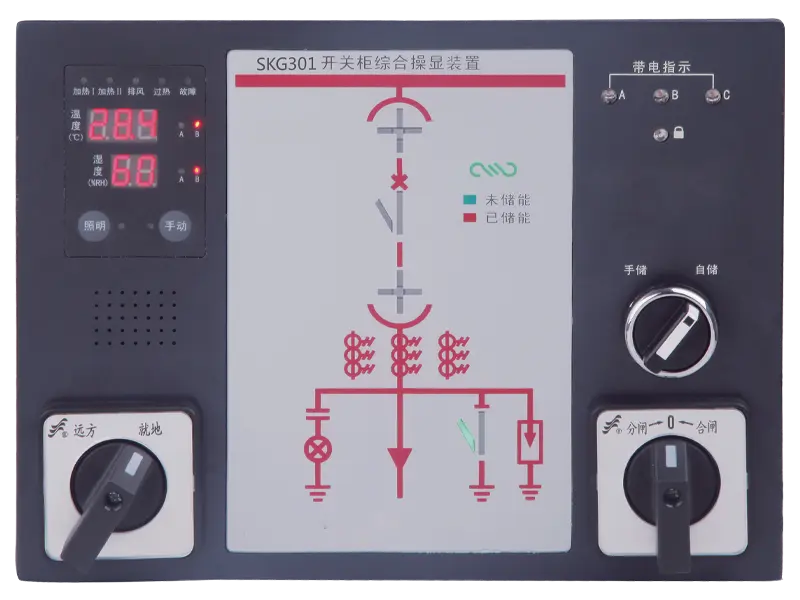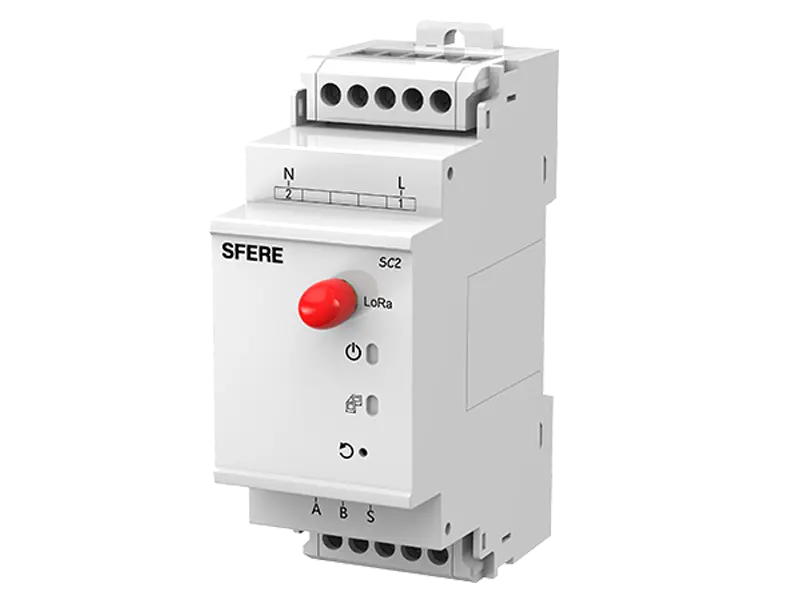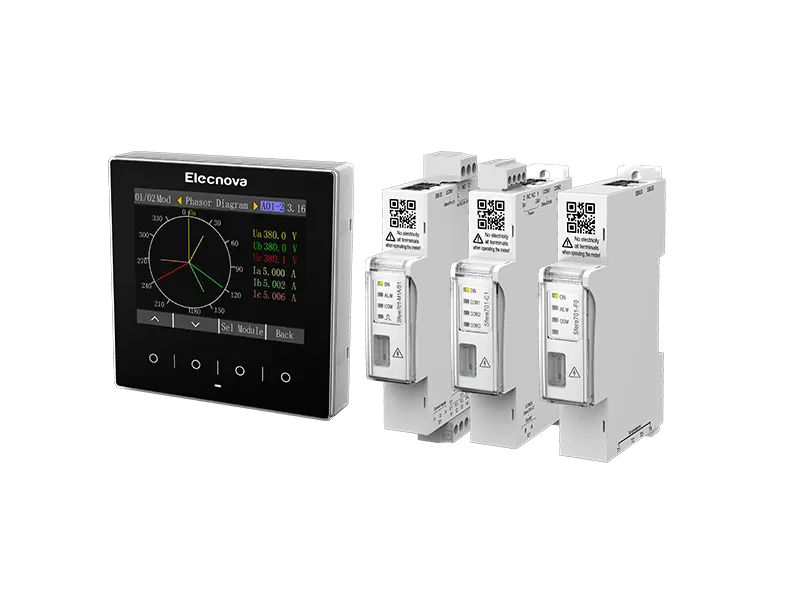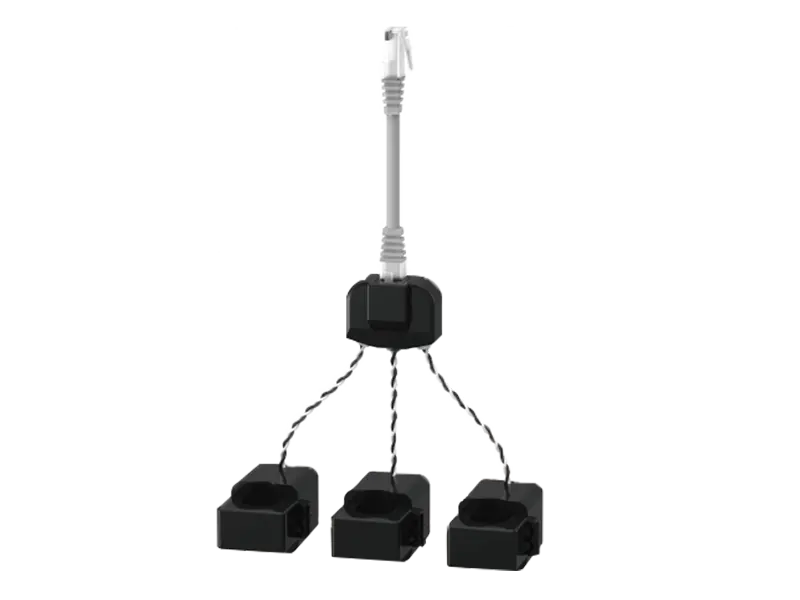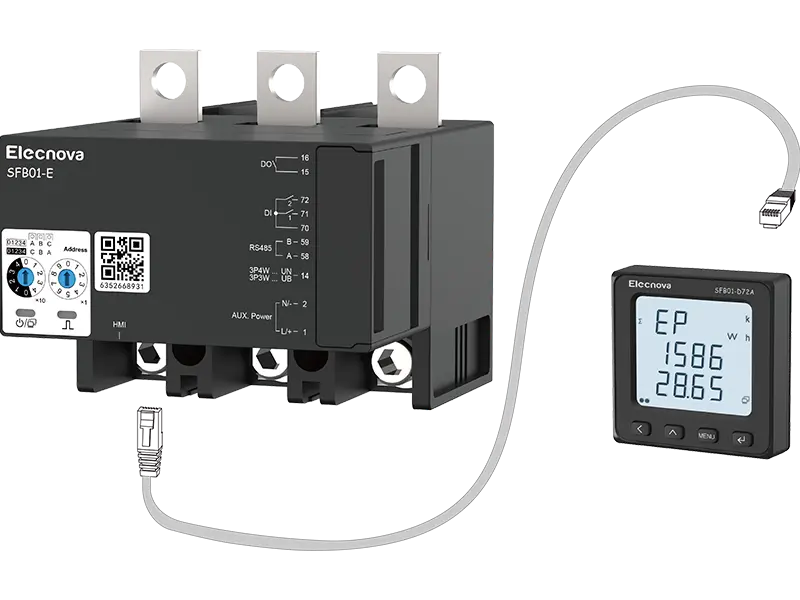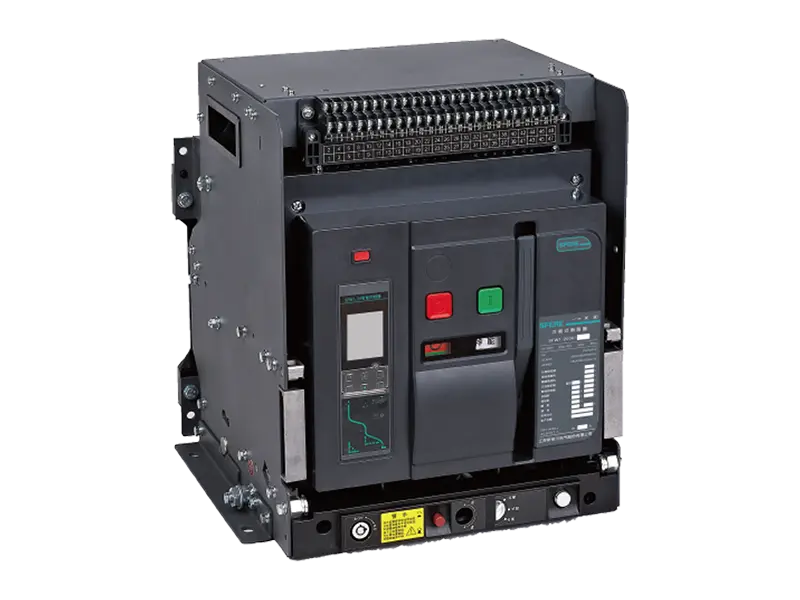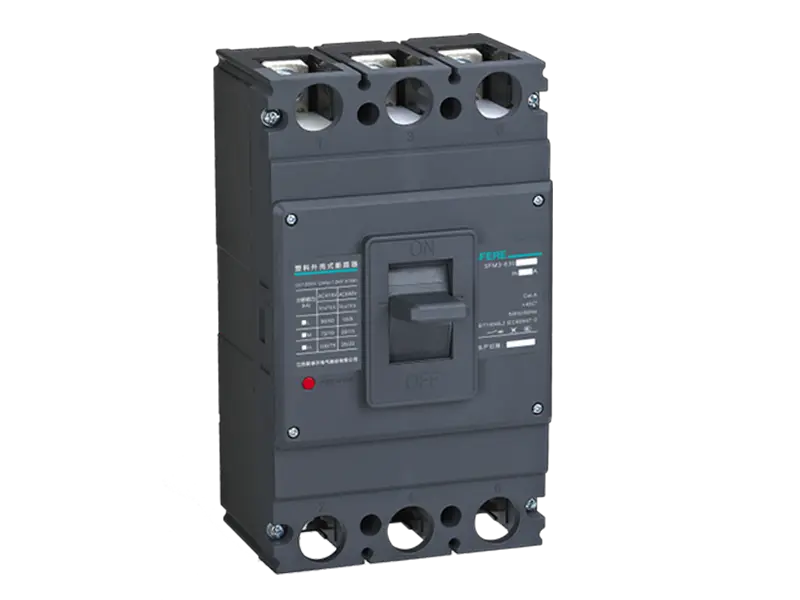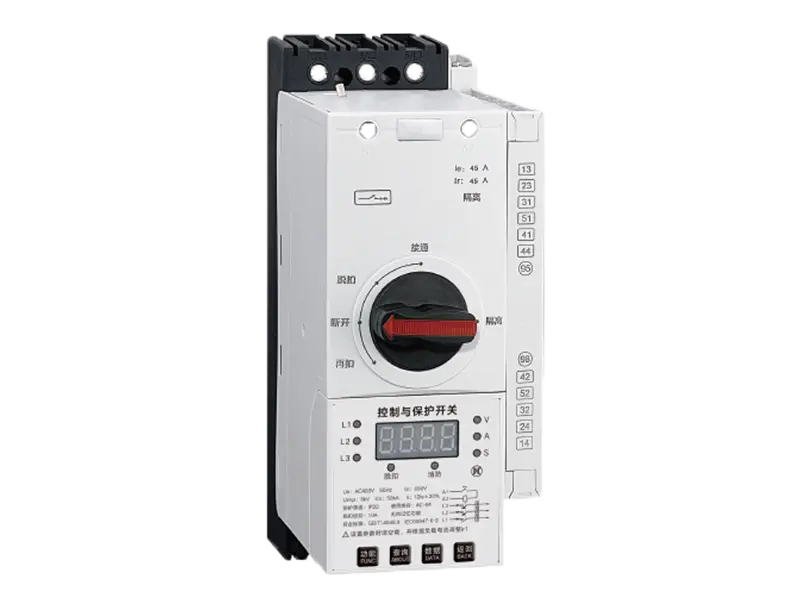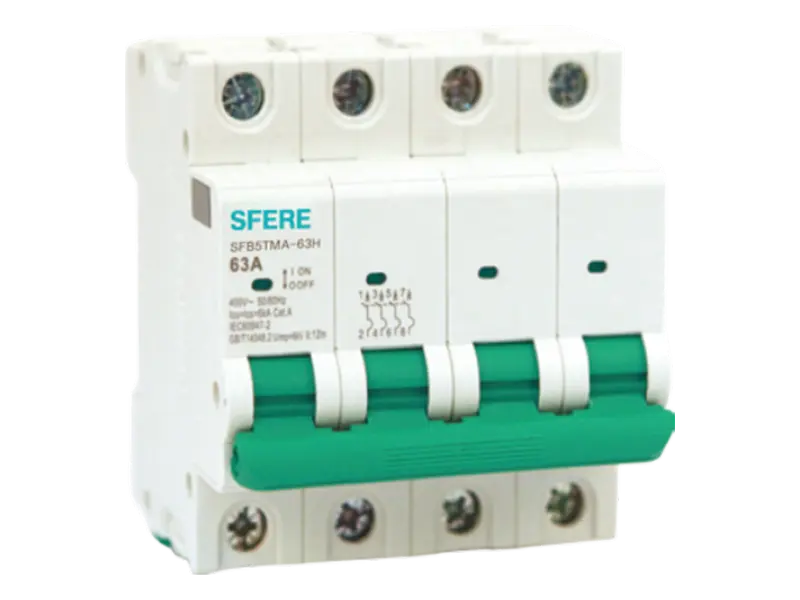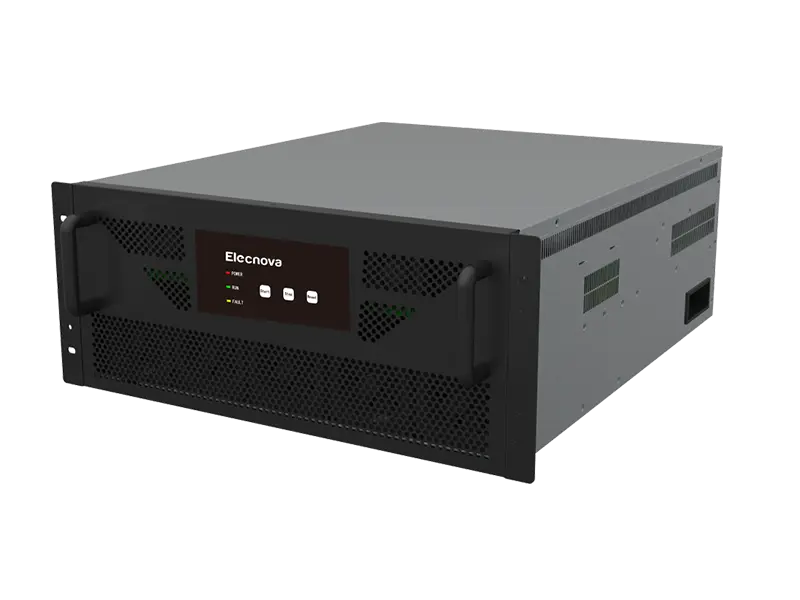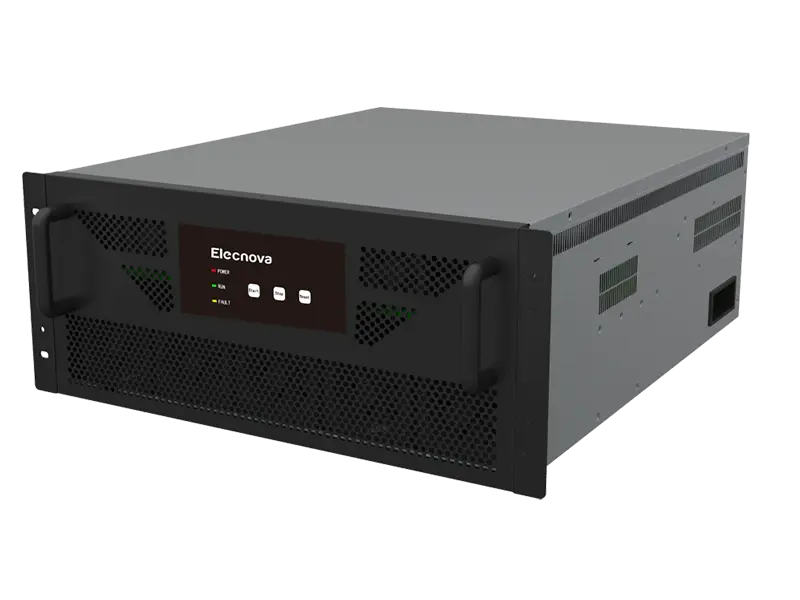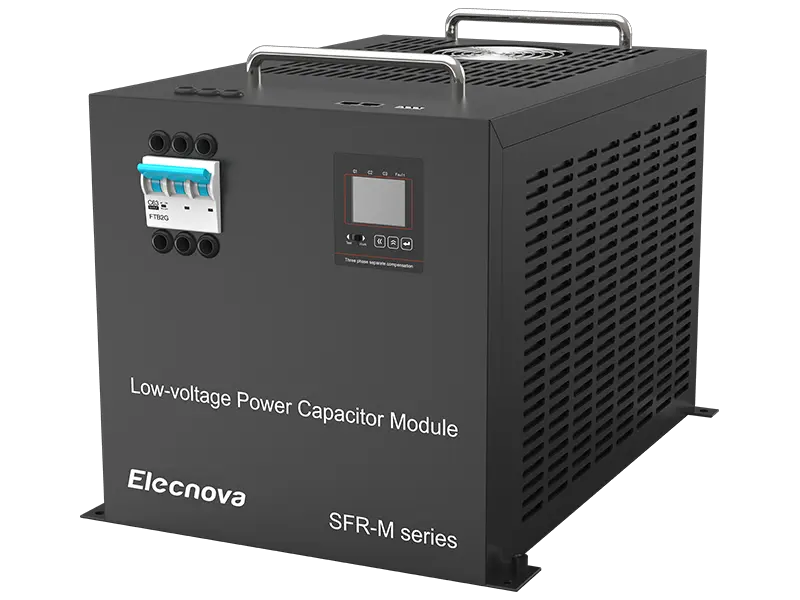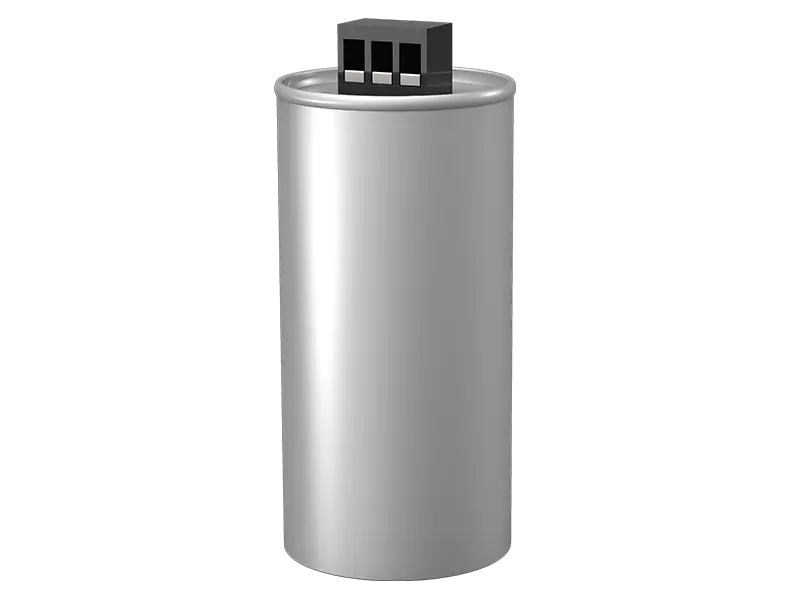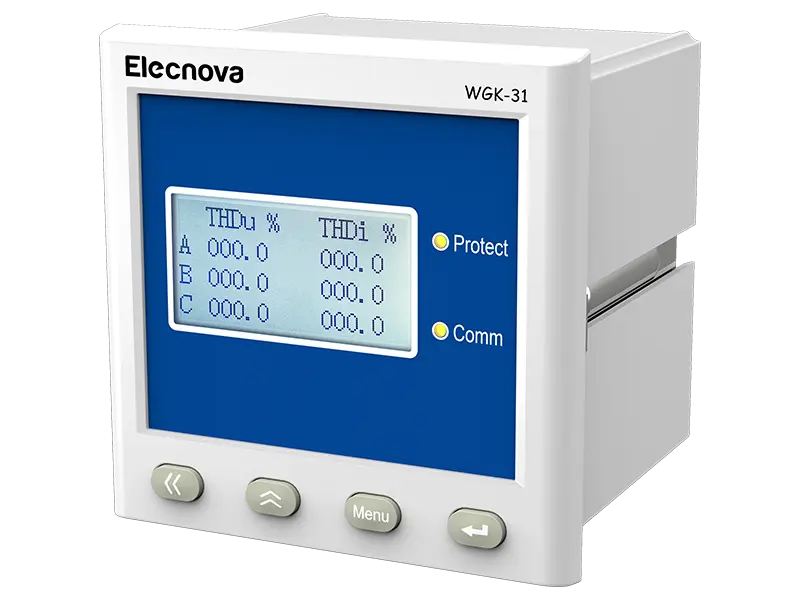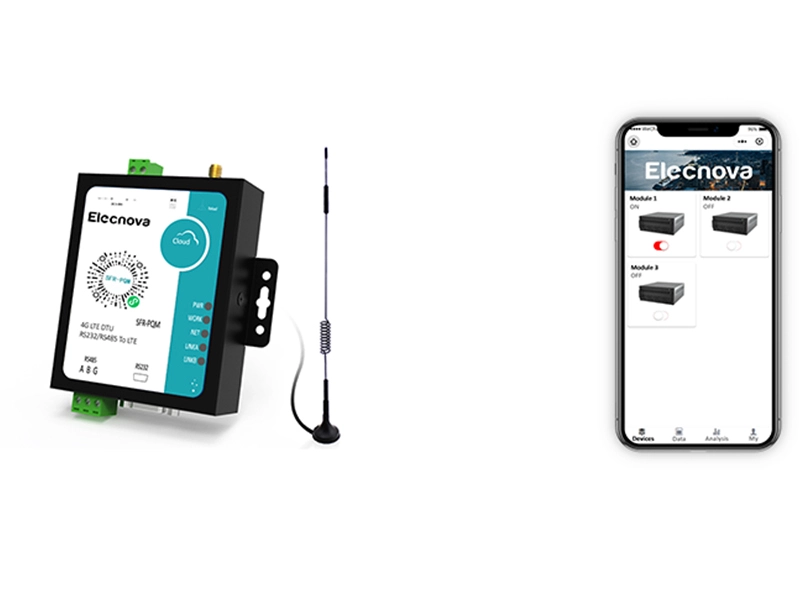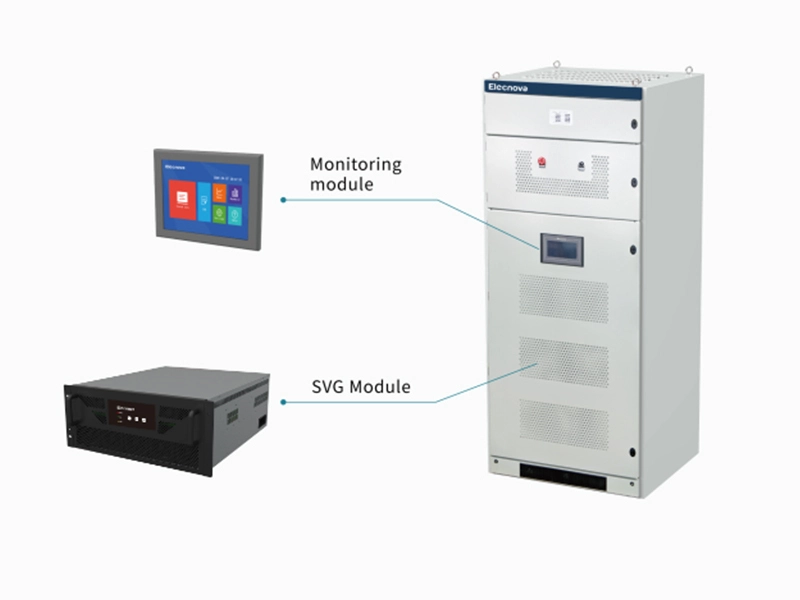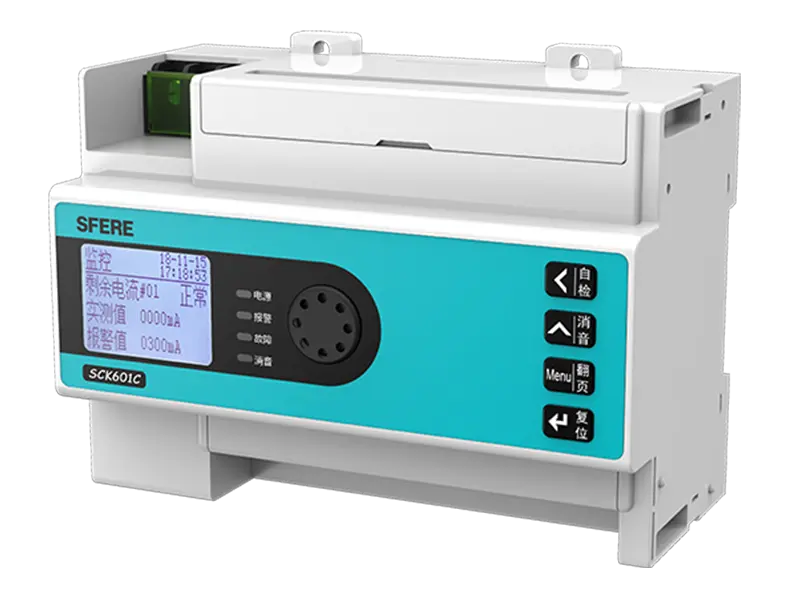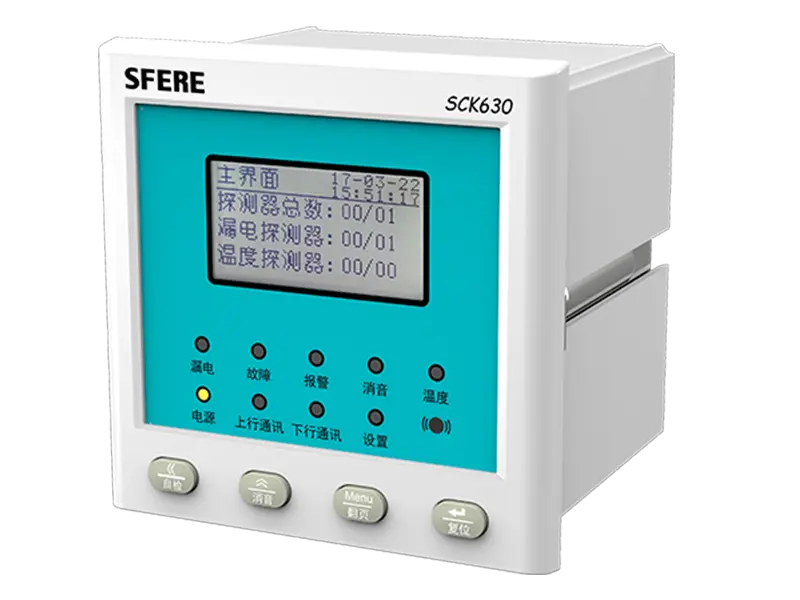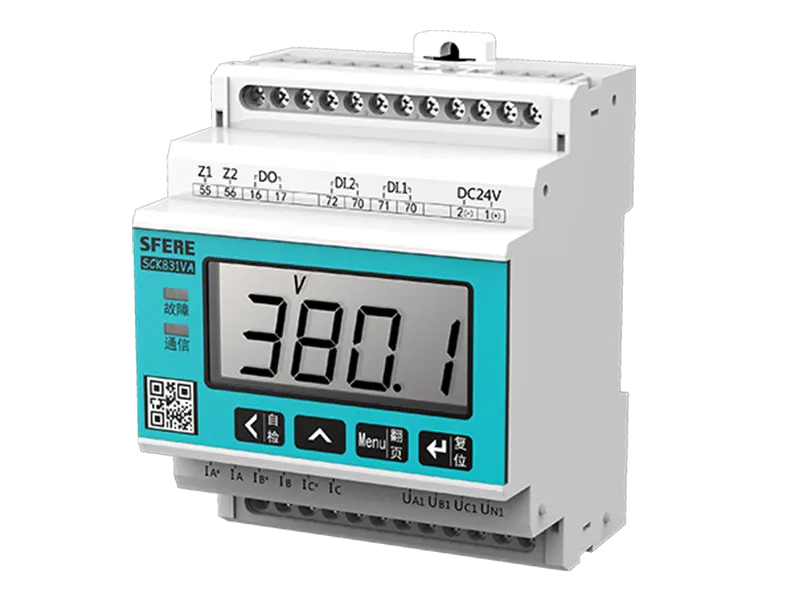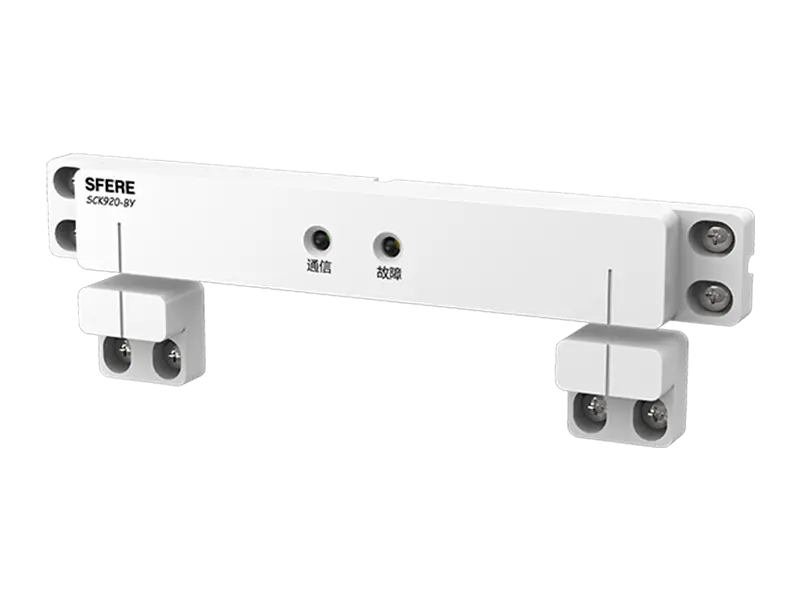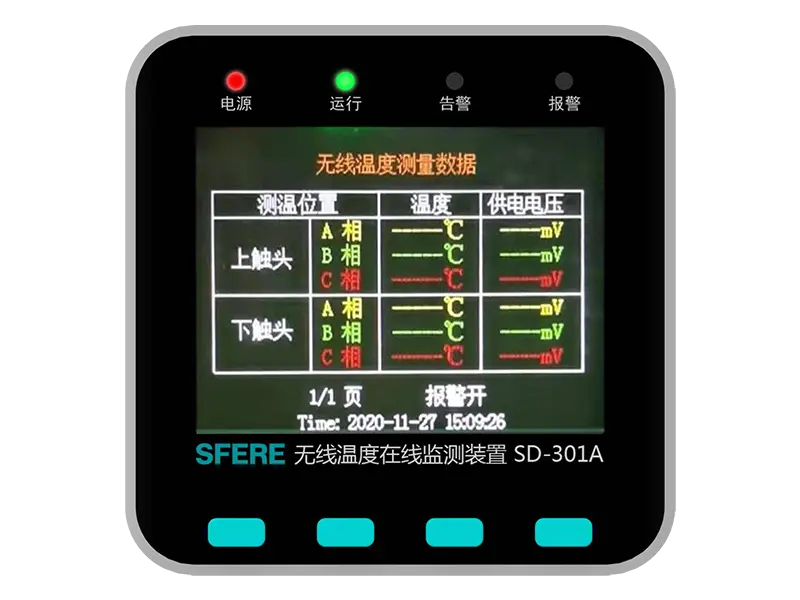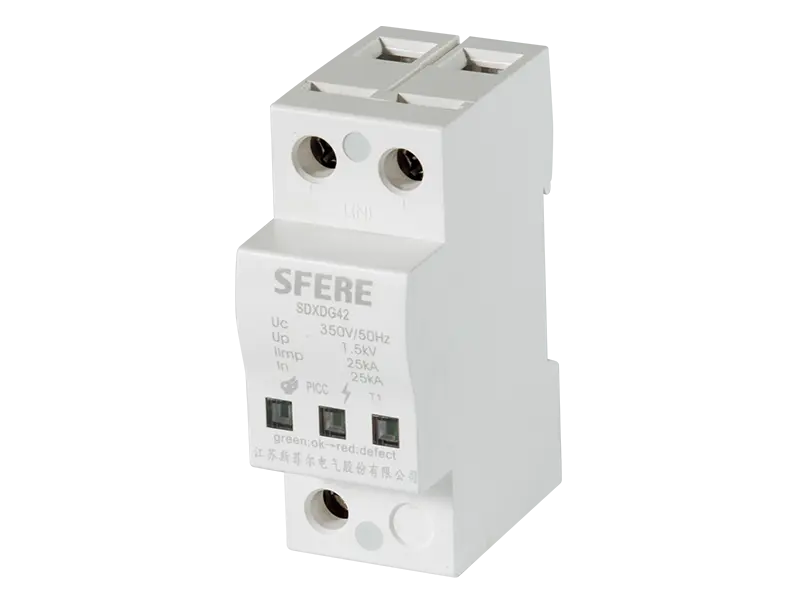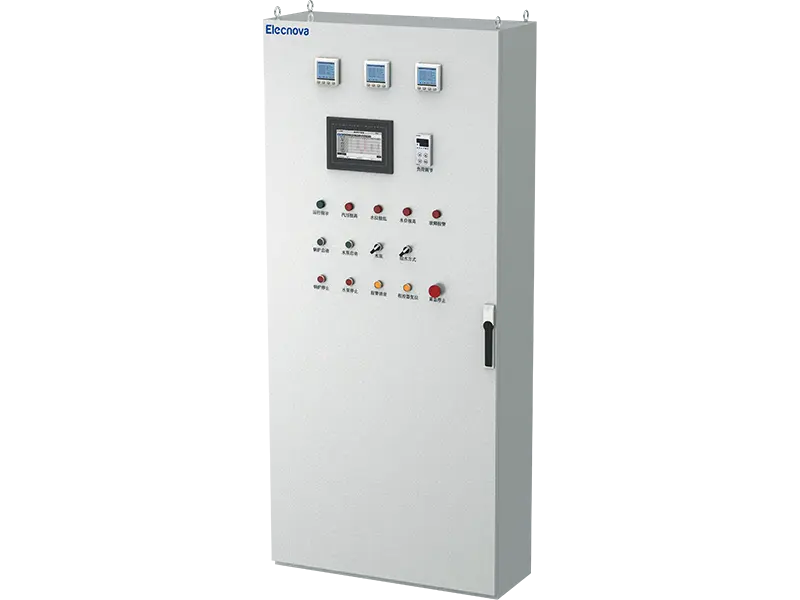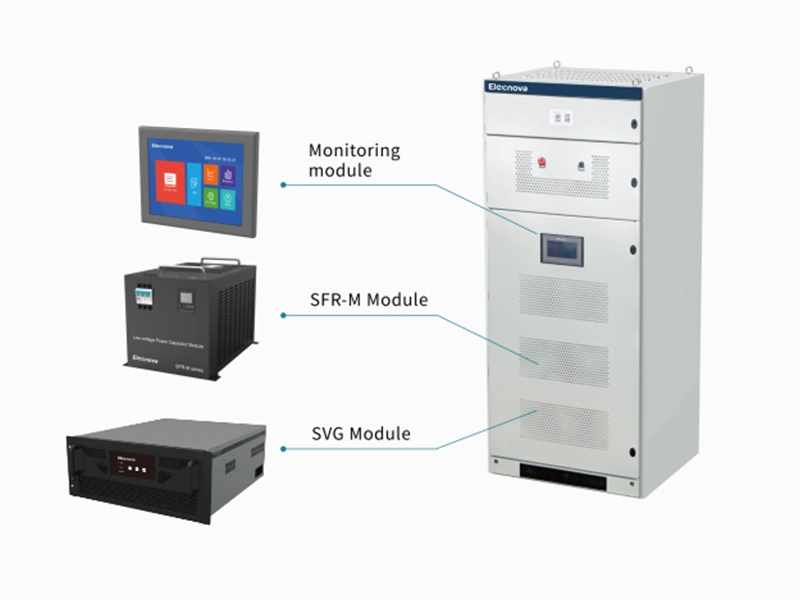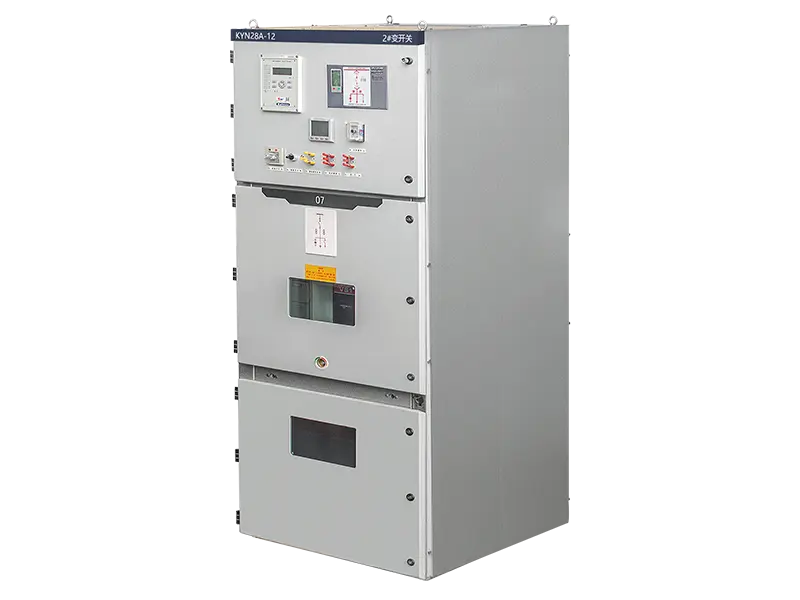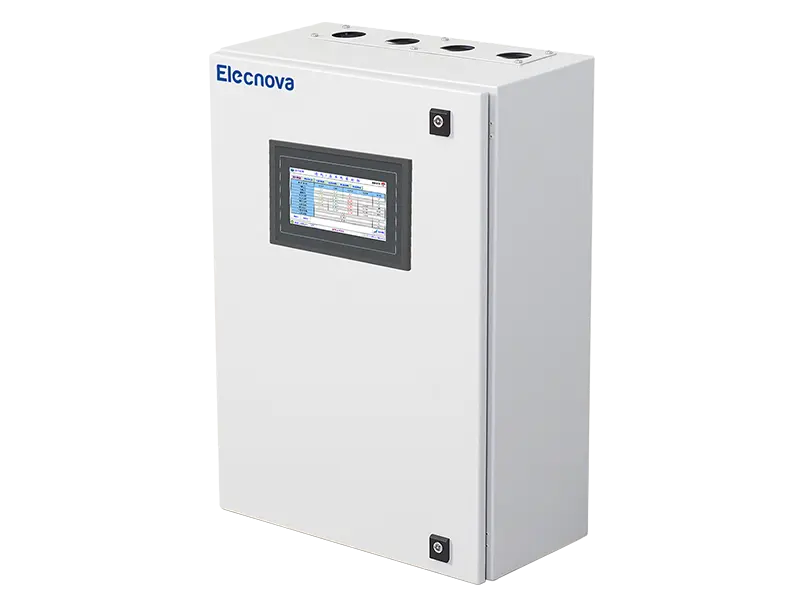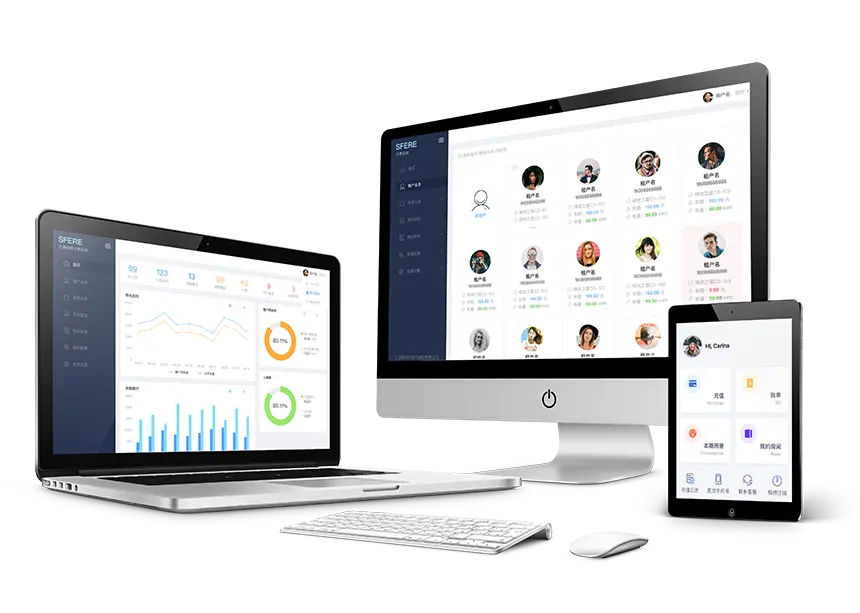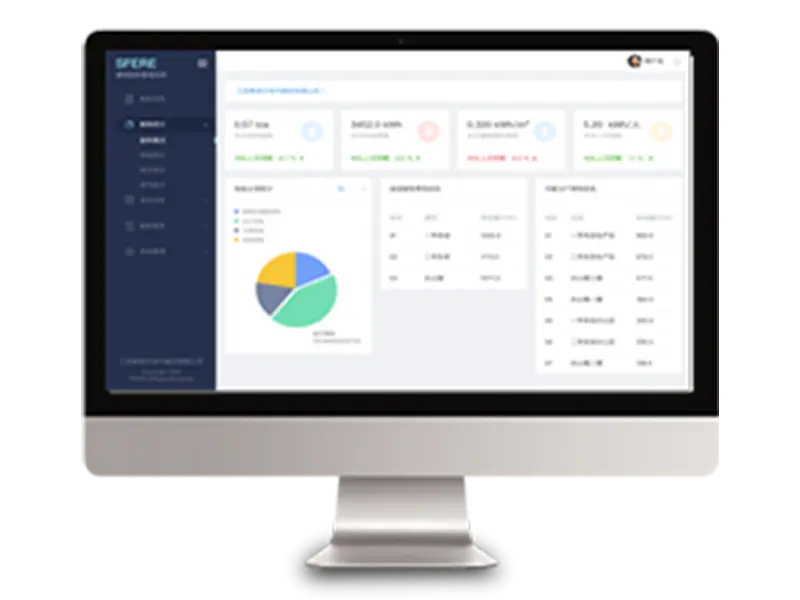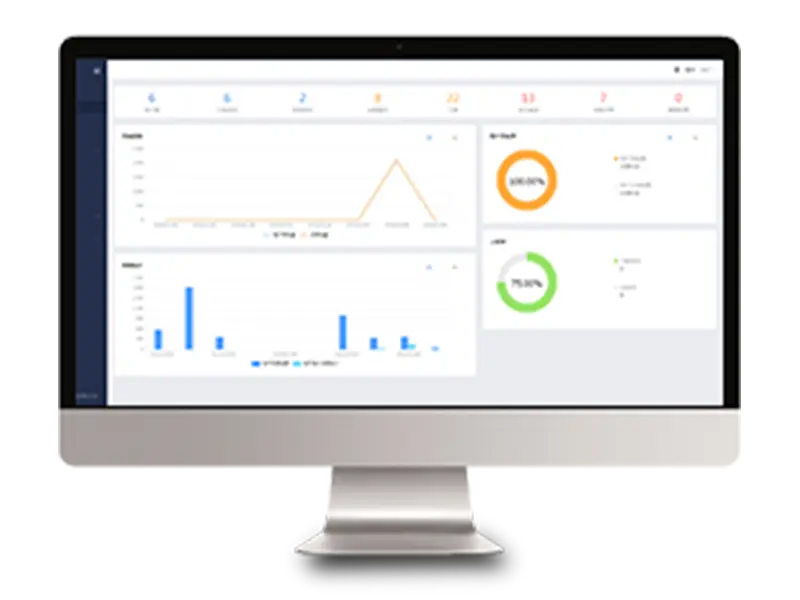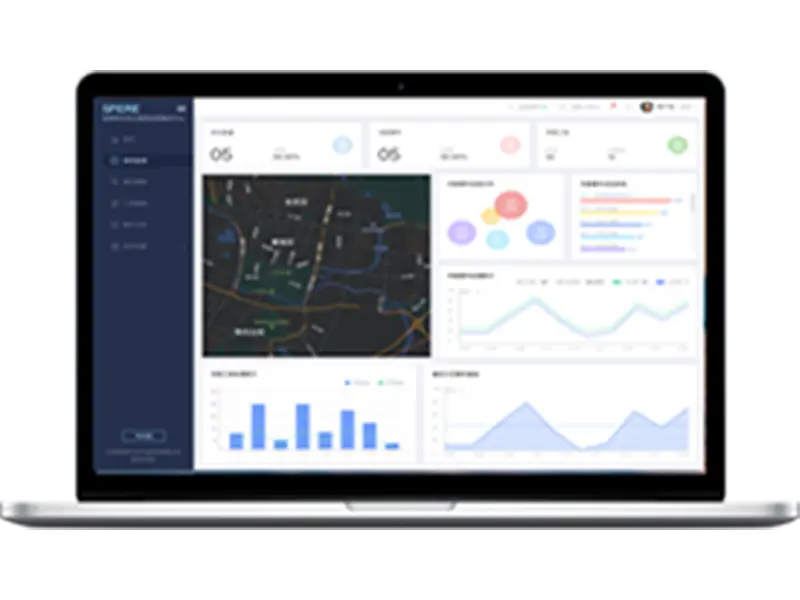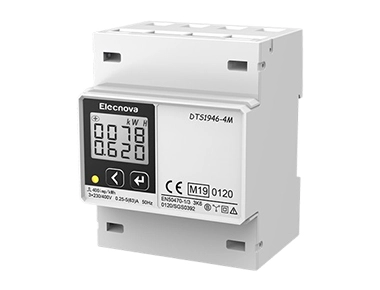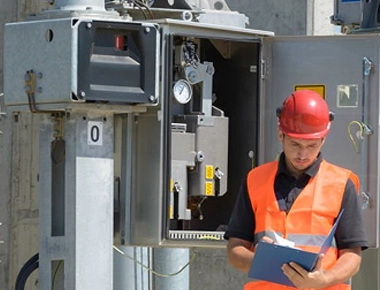Digital electric meters and analog electric meters differ in their technology, functionality, and features.
Analog Electric Meters:
1. Technology: Analog electric meters are electromechanical devices that use moving parts to measure electricity consumption. They typically consist of a rotating disk or dial that indicates the amount of energy consumed over time.
2. Readability: Analog meters require manual reading by utility personnel, who visually inspect the meter and record the displayed values. This process can be time-consuming and prone to errors, as it relies on human observation and interpretation.
3. Accuracy: Analog meters may experience wear and tear over time, affecting their accuracy and reliability. Factors such as dust accumulation, mechanical friction, and calibration drift can impact the meter's performance and measurement precision.
4. Data Retrieval: Retrieving historical usage data from analog meters involves accessing physical records or logs maintained by utility companies. This process may require additional effort and time compared to digital meters, which store data electronically.
Digital Electric Meters:
1. Technology: Digital electric meters are electronic devices that use solid-state components to measure and display electricity consumption. They typically feature digital displays that show usage data in numerical format.
2. Readability: Digital meters provide clear and precise readings that are easy to read and interpret. The numerical display eliminates the need for manual reading, as usage data is continuously updated and visible on the meter's screen.
3. Accuracy: Digital meters offer high levels of accuracy and stability, as they are less susceptible to mechanical wear and environmental factors compared to analog meters. They often undergo regular calibration to maintain accuracy over time.
4. Data Retrieval: Digital meters store usage data electronically, allowing for easy retrieval and analysis. Utility companies can remotely access meter data, enabling more efficient billing, monitoring, and management of electrical systems.
In summary, while analog electric meters rely on mechanical components and manual reading processes, digital electric meters utilize electronic technology to offer greater accuracy, readability, and data accessibility. As a result, many utility companies are transitioning from analog to digital meters to take advantage of their advanced features and benefits.


